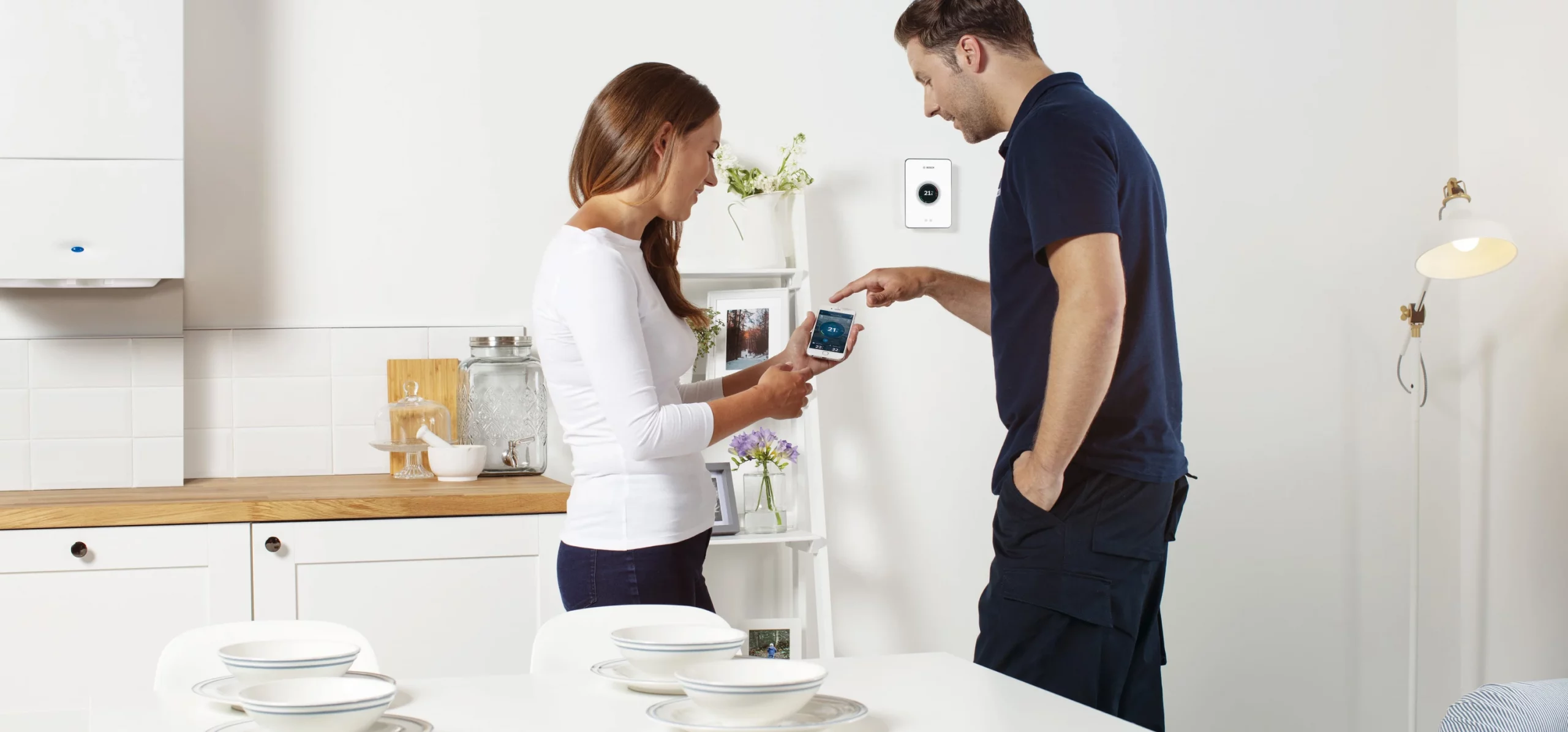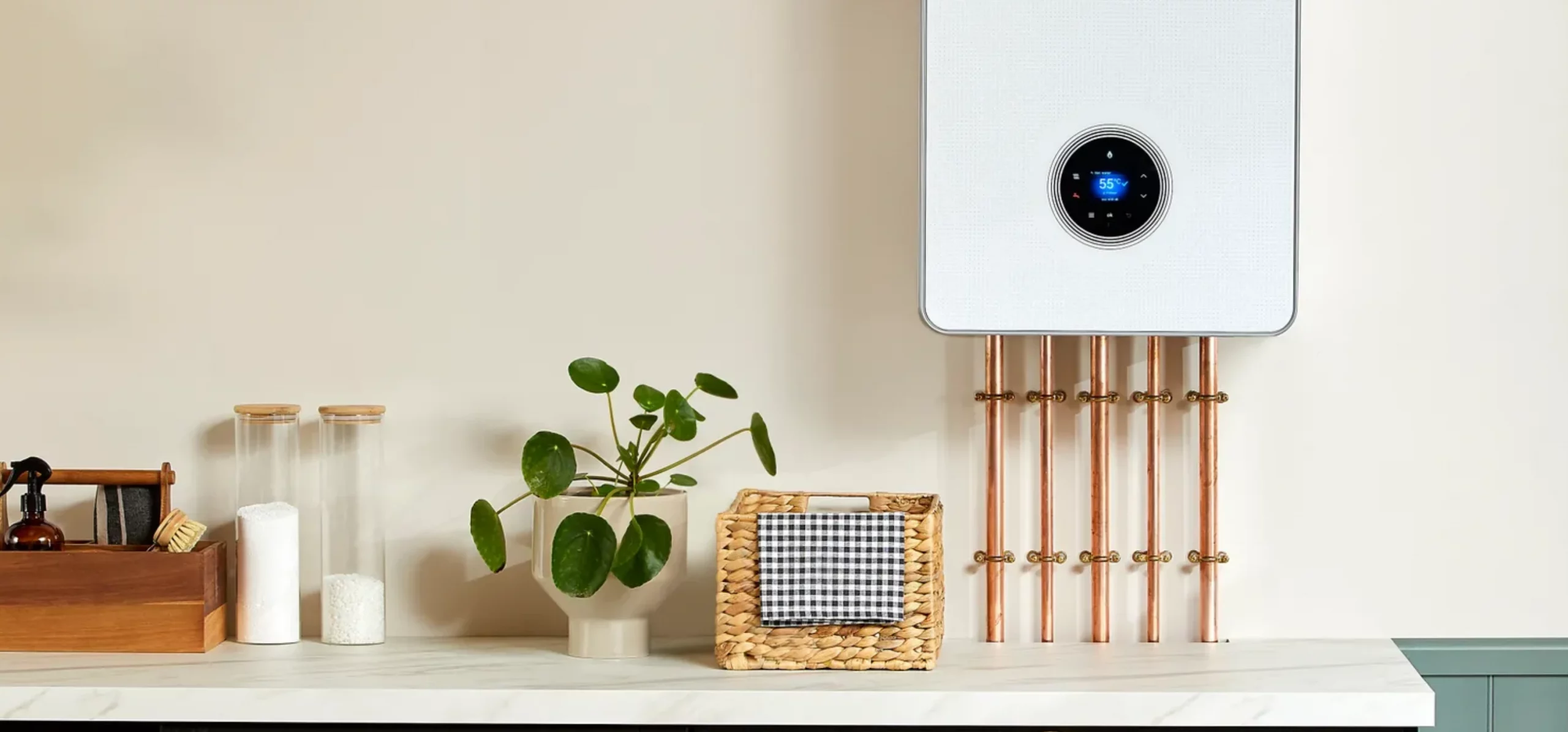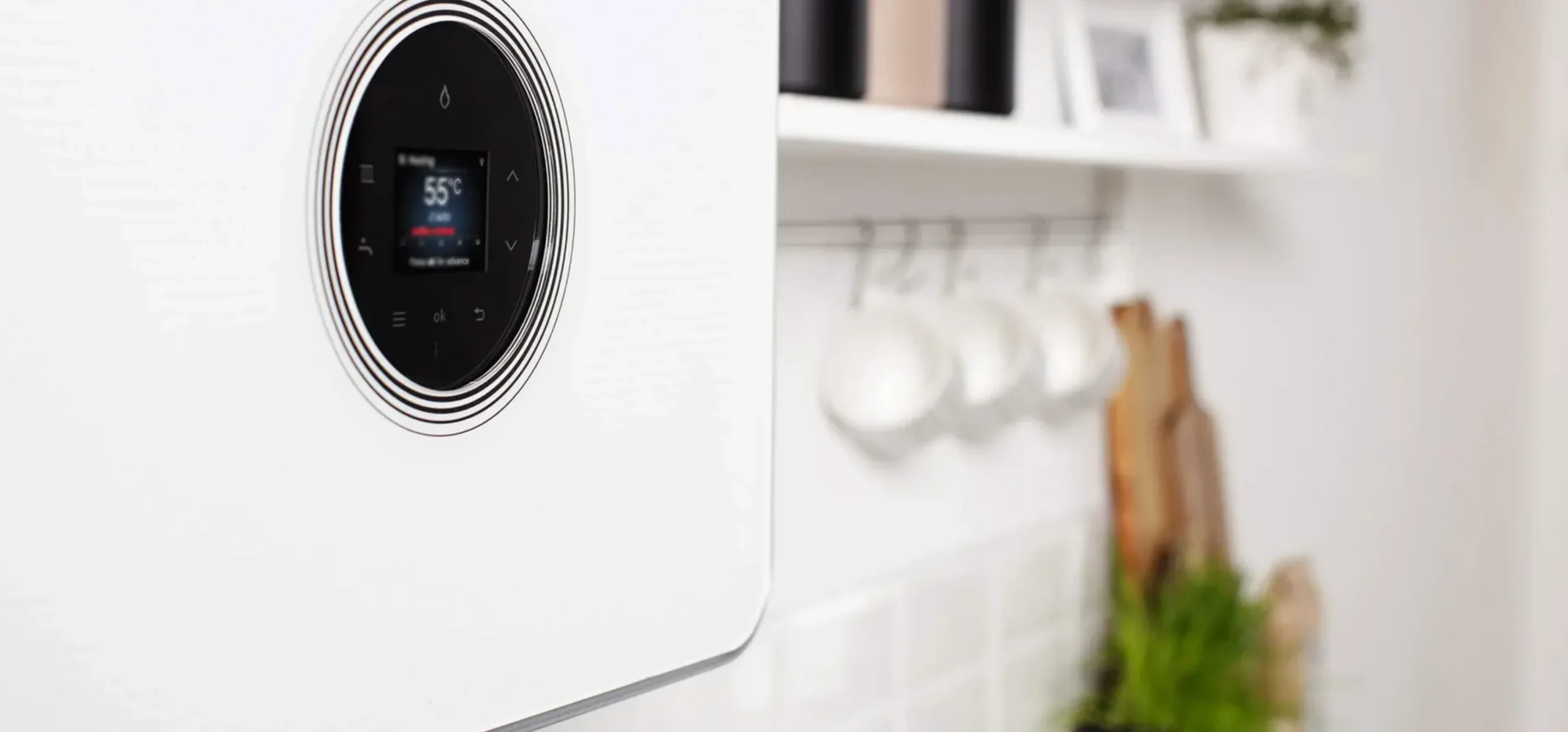Choosing a new boiler for your home

Choosing a new boiler for your home is an important decision for your home or business, and several factors should be considered to ensure you select the right one. Here’s a step-by-step guide to help you with the decision-making process:
1. Determine Your Heating Needs
Hot Water Demand: Do you need hot water for a single bathroom, multiple bathrooms, or a large home with several bathrooms?
Radiator or Underfloor Heating: What type of heating system do you have? Some boilers are more efficient for different types of heating.
Size of Property: The size of your home or building will influence the boiler capacity (output).
2. Boiler Types
There are three main types of boilers:
Combi Boilers:
Pros: Compact, no need for a separate hot water cylinder or tank, and they provide both heating and hot water on demand.
Cons: Can struggle to supply multiple taps or showers simultaneously in larger homes.
Best for: Small to medium-sized homes with one bathroom or where space is limited.
System Boilers:
Pros: Provide heating and hot water but require a separate hot water cylinder. Better for homes with multiple bathrooms or high hot water demand.
Cons: Takes up more space than a combi boiler due to the hot water cylinder.
Best for: Medium to large homes with higher hot water needs.
Conventional (Regular) Boilers:
Pros: Ideal for homes with older heating systems or where there’s already a hot water cylinder and cold water tank.
Cons: Require a lot of space and may be more complex to install.
Best for: Larger homes or homes with an existing traditional system.

3. Boiler Size and Output
Boilers are rated based on their heat output, usually measured in kilowatts (kW). The correct size depends on:
Hot Water Demand: If you have multiple bathrooms, you’ll need a higher kW rating.
Size of Home: Larger homes with more radiators or higher heating demands will need a higher-output boiler.
Type of Radiators/Underfloor Heating: The type of system affects the boiler output required.
A professional heating engineer can perform a “heat loss calculation” to determine the correct size boiler for your home.
4. Energy Efficiency Efficiency Ratings:
Look for boilers with high-efficiency ratings (typically above 90%). Combi boilers, in particular, tend to have high efficiency because they only heat water when needed, reducing waste.
Energy Labels: Boilers often come with an energy label (A-rated is the most efficient), so choose a highly efficient model to save on running costs.
5. Boiler Brands
Some trusted boiler manufacturers include:
Worcester Bosch: Known for reliability and energy efficiency.
Vaillant: Excellent build quality and innovation.
Ideal Boilers: Known for great value and solid performance.
Baxi: Affordable, reliable options with good warranty packages.
Viessmann: High-end models with superb efficiency and quality.
It’s important to look at warranty offerings and customer reviews for long-term reliability.
6. Installation and Maintenance Installation Costs:
Depending on the complexity of the installation (like if you’re replacing an old system), installation costs can vary. Combi boilers tend to be cheaper to install than system or conventional boilers.
Service and Maintenance: Look for boilers that are easy to maintain. Some brands offer extended warranties if you get annual servicing.
Installation Location: Make sure the boiler will fit in the space you have available (e.g., cupboard, loft, or wall-mounted).

7. Smart Features
Many modern boilers now come with smart controls, allowing you to monitor and control your heating remotely via an app or smart home system. This can increase convenience and energy savings.
8. Cost and Budget
Initial Cost: Depending on the size, type, and brand, a new boiler can cost can vary greatly.
Running Costs: Higher-efficiency models may cost more upfront but could save you money in the long run with reduced energy bills.
Incentives: Check if there are any government schemes or incentives for installing energy-efficient heating systems in your area.
9. Get Professional Advice
It’s best to get advice from a qualified heating engineer. They can assess your property’s specific requirements and provide you with an accurate boiler recommendation, ensuring your new system will meet your needs.
10. Warranty and Aftercare Warranty Length:
Look for boilers with at least a 5 to 10-year warranty.
Customer Support: Make sure the manufacturer has good after-sales support and readily available spare parts.
If you need any further help or advice choosing a new boiler contact us today!
If you have any questions contact Glasgow Gas Engineers today!
POSTED: 09/12/25
